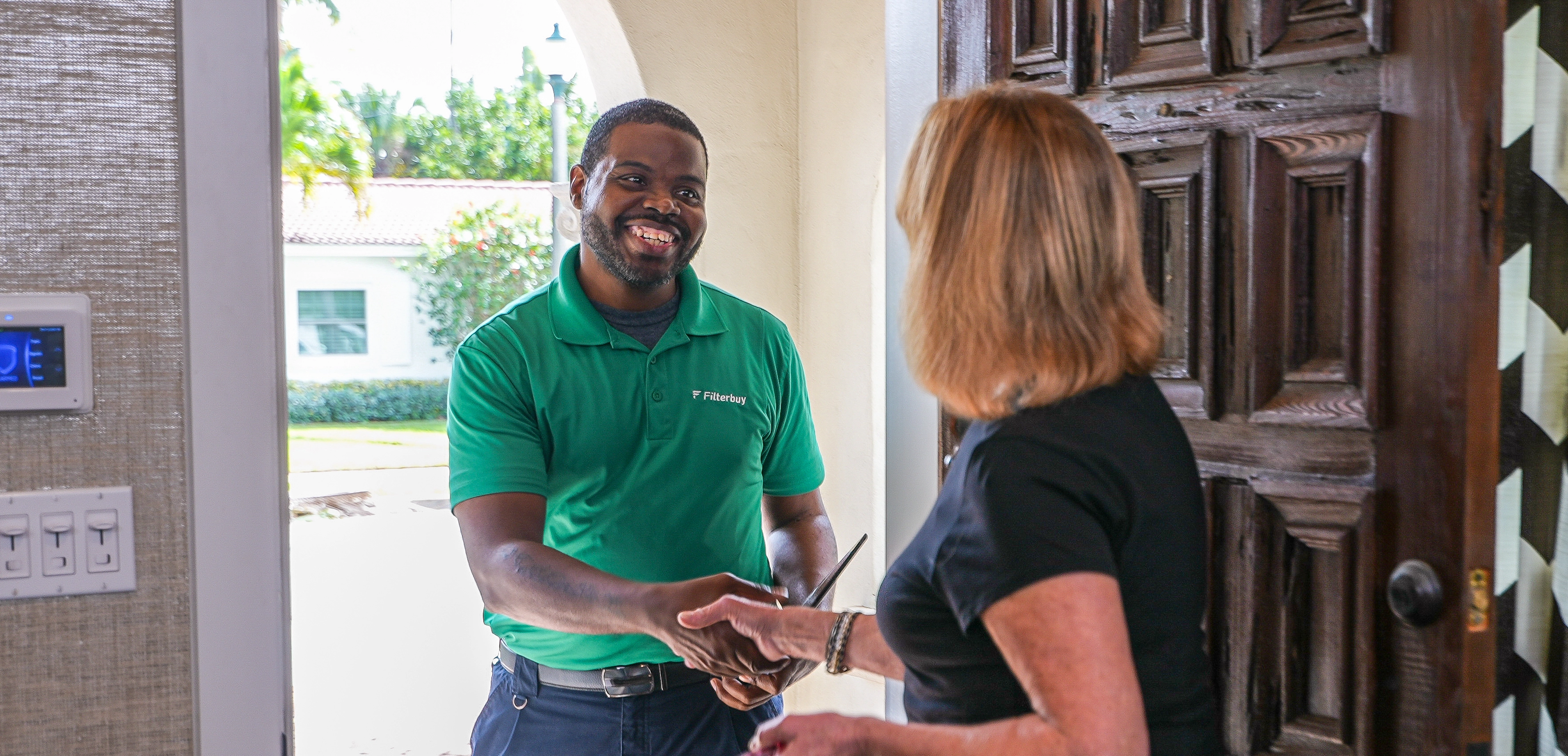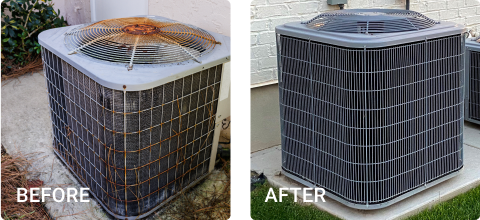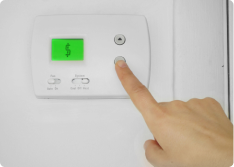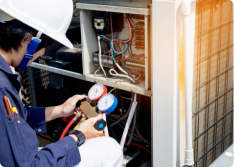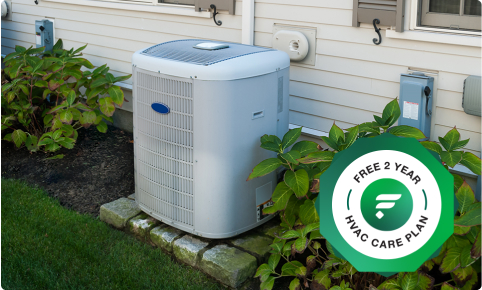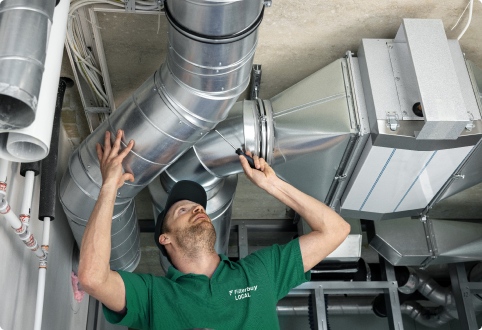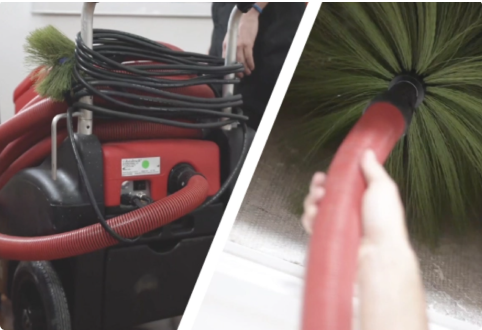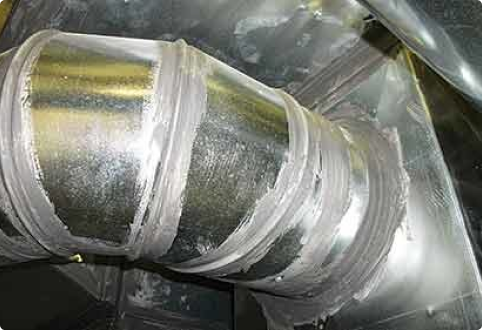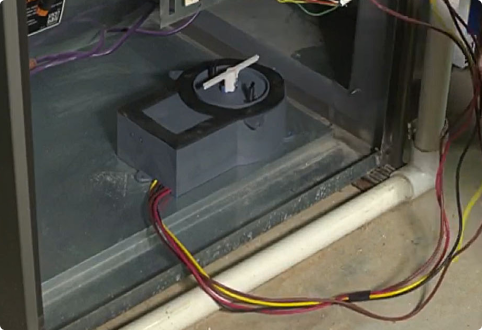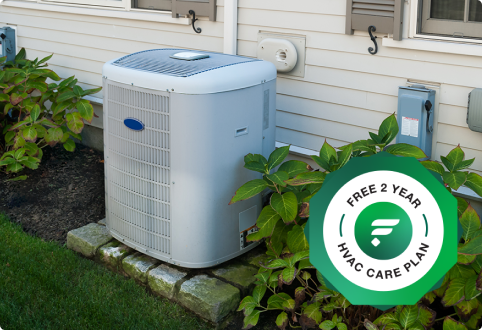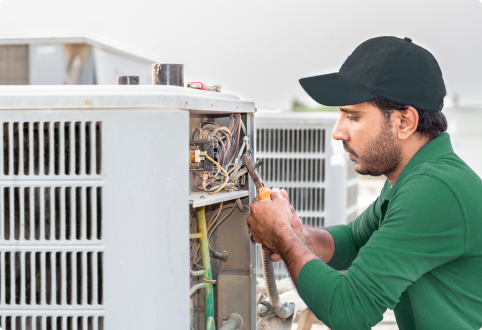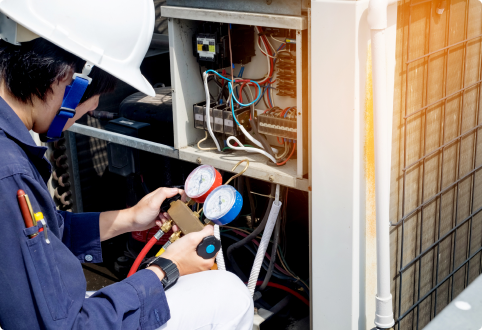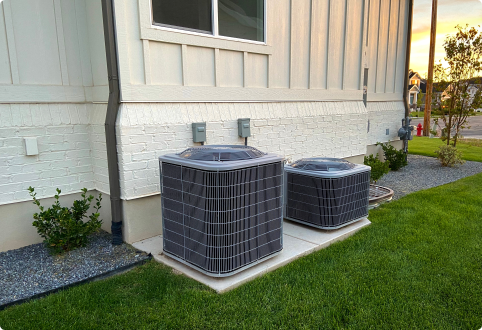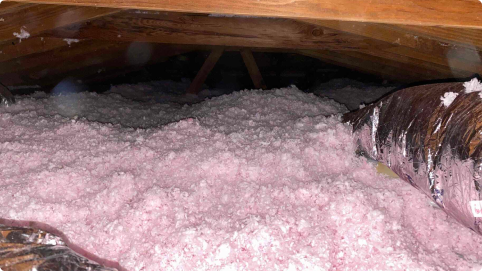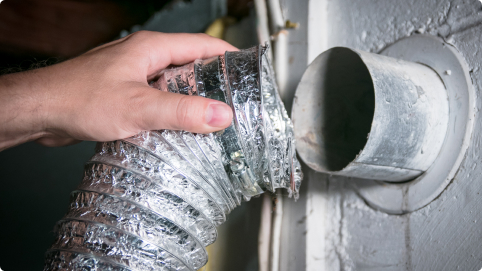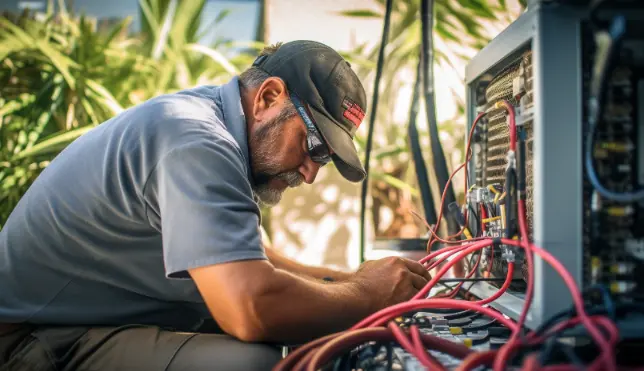Welcome to Filterbuy HVAC Solutions, the best HVAC system replacement service company proudly serving in and near the greater Edgewater, FL area. Please let us know how we can help solve your Edgewater HVAC system replacement needs with professional, affordable, and fast residential and commercial HVAC services by getting a free online quote or by giving our friendly HVAC specialists a call. We look forward to hearing from you!
Get the Best HVAC Replacement Service in Edgewater FL
Replacing your old unit with an energy-efficient one improves comfort and lowers bills. Frequent repairs or high shows it’s time for a replacement.
Choose a licensed contractor with good reviews. Focus on HVAC brands with high SEER ratings for better efficiency. With the right planning, the upgrade will be smooth. Want to learn more? Let’s dive in.
Key Takeaways
■ Choose premium HVAC systems to improve energy efficiency and indoor air quality.
■ Research different brands and models. Especially those known for reliability and high SEER ratings.
■ Select an established HVAC replacement company in Edgewater FL like Filterbuy HVAC Solutions.
■ Ready your home for installation by organizing a workspace and assessing insulation requirements.
■ Planning your HVAC replacement in Edgewater FL ensures effective cooling and lower energy expenses.
Time for HVAC Replacement
In Edgewater FL, cranking up the AC shouldn't lead to poor cooling or system failure. Recognizing when to replace your HVAC is key to avoiding this. An old or poorly maintained system lowers efficiency. Causing discomfort and higher costs.
HVAC units live for 15 to 25 years. Waiting for it to completely break down seems like a cost-saving move. But this ends up costing you much more. Older units are notorious energy guzzlers. Upgrading to a new and energy-efficient model reduces your energy bills. This means investing in a new unit pays for itself over time.
Benefits of High-Quality HVAC Systems
High quality HVAC system in Edgewater has many benefits.
■ Top-tier systems are efficient energy use, lowering your bills.
■ These systems provide consistent temperatures throughout your home. Stopping unpredictability.
■ Indoor air quality is another important factor. A good HVAC system filters pollutants like dust and allergens. Meaning cleaner air and reducing respiratory risks.
Experience lasting comfort in Florida's heat with Filterbuy HVAC Solutions. We prioritize quality. We use the finest components to build AC units that deliver exceptional performance and minimize breakdowns.
Comparing HVAC Brands and Models
Choosing the right HVAC brand is simple. Focus on reliability and efficiency to decide.
Ask for referrals and read reviews. Efficiency measures how well a unit converts energy into heating or cooling. The SEER or Seasonal Energy Efficiency Ratio rating indicates this. Higher scores mean better efficiency. Though they cost more, they save money long-term.
Always remember these two factors: reliability and efficiency. This will help you find the right unit for your Edgewater FL HVAC replacement.
Preparing Your Home for HVAC Installation
Preparation includes these steps. This enhances your home's ventilation and insulation.
■ Create space: Make sure there is enough space for technicians to work.
■ Evaluate insulation: Assess if certain areas need extra insulation to ensure the HVAC operates efficiently.
■ Clean ducts: This ensures the new system runs smoothly and improves ventilation efficiency.
■ Inspect electrical capacity: Ensure the electrical system can handle the demands of the new HVAC setup.
■ Stay present: Remain home on installation day to address any questions technicians may have.
How to Choose the Best HVAC Replacement Company in Edgewater FL
Looking for reliable HVAC replacement services in Edgewater FL needs research. This ensures you get the best service and expertise.
Here are some tips to help:
■ Verify Credentials: The HVAC replacement company must be licensed, bonded, and insured. This ensures their qualifications.
■ Examine Customer Feedback: Testimonials and reviews offer insights into customer satisfaction.
■ Request Client References: Speaking directly with past clients offers firsthand accounts of their experiences.
■ Assess Experience: Consider the contractor's experience; longer operation often indicates reliability and expertise.
■ Look for Written Estimates: Always request a written estimate. This avoids future misunderstandings.
Why Choose Filterbuy HVAC Solutions for Your HVAC Replacement?
1. Price Matching Guarantee
We promise to give you the lowest price without making the product worse. Because we know that’s important in Florida where the cost of living is so high!
2. Expert Technicians
We know how important it is that you get quality work, because HVAC systems are expensive to repair and replace. You can count on our technicians to meet the utmost stringent certification standards as well as undergoing the necessary training it takes to keep updated with the latest industry standards. Trust our team with your home and your new shiny HVAC system!
Our technicians complete a comprehensive training program that covers HVAC fundamentals, advanced troubleshooting, and modern installation practices. This ensures they are equipped to handle even the most complex installations.
3. Green Carpet Treatment
Experience our Green Carpet Treatment, we believe in fair pricing. The quote you get is the price you pay. We're honest about our prices, so you can trust us.
4. High-Quality Products
Filterbuy makes strong HVAC products that can handle Florida’s hot and sticky weather.
Choosing Filterbuy means investing in durability and a reputable brand. Our products are made with the best stuff so they last a long time and work really well.
We use the highest quality parts to build our AC units. This means fewer breakdowns and cleaner air for your home. People trust us to make great HVAC products.
5. Competitive Pricing
Filterbuy HVAC Solutions offers you the best price without getting a worse product.
We buy things in big batches to save money, and we pass those savings on to you. Whether upgrading your existing setup or installing a new one, Filterbuy’s competitive pricing ensures you get the best deal.
6. 0% Financing, $0 Down
New installs qualify for excellent financing terms, including 0% financing with $0 down. Ask us for details on how we can make your new HVAC system more affordable.
7. 2 Years of Free Maintenance
Every HVAC system needs regular maintenance for optimal performance. With Filterbuy, your new system comes with 2 years of free maintenance. We’ll ensure it runs smoothly and efficiently, so you can enjoy peace of mind.
8. 1-Year Extension to Labor Warranty
For new installations, we extend our general 1-year labor warranty to an extra year, giving you 2 years of coverage. This additional protection provides extra peace of mind, just in case.
9. 24-Hour Support
We are here for you 24/7. We're here to help you anytime. For any HVAC emergencies or questions.
10. Exceptional Customer Service
We care about you. Tell us what you need. We'll find the best stuff for you. We're always trying to get better.
11. Energy Efficiency Solutions
Using less energy makes your HVAC work better and saves you money. Filterbuy HVAC Solutions wants to give you the best and most energy-saving air conditioners in Florida.
Frequently Asked Questions
What is the average cost to replace an AC unit in Florida?
The average cost to replace an AC unit in Edgewater Florida ranges between 4,000 and 7,500 dollars. This depends on factors like the size of the home, the efficiency of the system, and any additional features or upgrades. Larger or more energy-efficient units can increase the price.
What is the life expectancy of an HVAC unit in Florida?
It usually goes for 10 to 15 years, although this will vary based on maintenance and usage.
How often should you replace HVAC unit?
You may replace them after 10-15 years. Depending on their efficiency, performance, and maintenance record.
What is the most expensive part to replace on an AC unit?
The compressor will be the most expensive part to replace on an AC unit. It costs several hundred to over a thousand dollars for replacement.
Does homeowners insurance cover replacing the AC unit?
Homeowners insurance may pay to replace an AC unit if it is damaged by a covered peril, such as a storm. But it often doesn't cover normal wear and tear.
What time of year is the cheapest to replace HVAC?
The cheapest time of year to replace an HVAC system is generally when demand is lower during the off-peak seasons in spring and fall.
Who makes the best HVAC system?
Brands like Trane, Carrier, and Lennox are considered to be the best makers of HVAC systems. This is due to their relative reliability and efficiency ratings.
What size air conditioner do I need for a 2000 sq ft house?
For a 2000-square-foot home, you would typically need an HVAC system with a capacity of around 3 to 4 tons. The exact size needed can depend on various factors, including the home's insulation, the number of windows, and the local climate. It's best to have a professional HVAC contractor perform a load calculation to determine the optimal system size for your specific needs.
What HVAC lasts the longest?
Where high-efficiency models by well-renowned brands, such as Trane or Lennox, last the longest. Indeed, some units may well outlive 20 years with good maintenance.
How long do AC ducts last in Florida?
From 15 to 25 years, but actual service time depends on humidity and maintenance practices taken by the duct owner.
Is a 10-year-old HVAC old?
In most cases, a 10-year-old HVAC unit is at the end of its useful life. Especially if it has been poorly maintained or exhibits decreased efficiency.
Here is the nearest branch location serving the Edgewater area…
Filterbuy HVAC Solutions - West Palm Beach FL
1655 Palm Beach Lakes Blvd ste 1005, West Palm Beach, FL 33401
(561) 448-3760
https://maps.app.goo.gl/RBfjJ4u9fg8d7mes6

.webp)
.webp)
.webp)
.webp)






